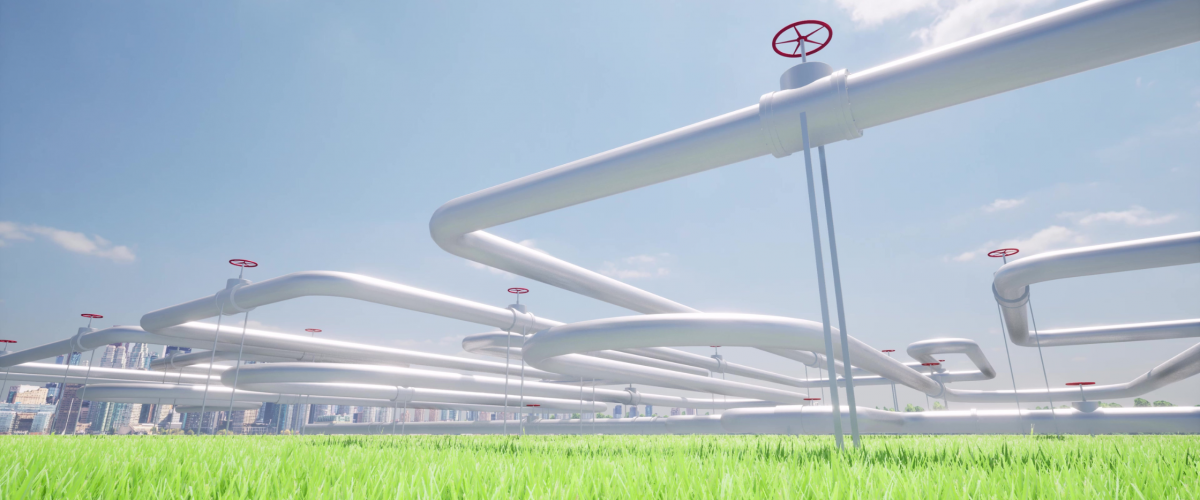Sustainable practices in the upstream oil and gas sector are increasingly important as the industry faces environmental challenges and societal expectations for responsible resource management.
These practices focus on minimizing environmental impact, reducing carbon emissions, promoting social responsibility, and enhancing operational efficiency.
Here are key sustainable practices in the upstream oil and gas sector:
1. Environmental Management and Conservation
Emission Reduction
– Implementing technologies to reduce greenhouse gas emissions during extraction and production, such as carbon capture and storage (CCS) and methane reduction programs.
– Monitoring and reporting emissions to comply with regulatory requirements and improve operational efficiency.
Water Management
– Adopting water recycling and reuse strategies to minimize freshwater consumption and manage produced water responsibly.
– Implementing technologies for water treatment and disposal to protect water resources and ecosystems.
Biodiversity Conservation
– Conducting biodiversity assessments and implementing conservation plans to protect natural habitats and wildlife in operating areas.
– Rehabilitating and restoring disturbed land to its original state after operations cease.
2. Health, Safety, and Social Responsibility
Occupational Health and Safety
– Implementing rigorous safety standards and training programs to protect workers and contractors from occupational hazards.
– Promoting a culture of safety and continuous improvement in health and safety practices.
Community Engagement
– Engaging with local communities to understand their concerns and interests, and implementing initiatives that contribute positively to community development.
– Supporting local economies through job creation, training programs, and procurement opportunities for local businesses.
Human Rights and Labor Standards
– Upholding human rights principles and labor standards across operations and supply chains, ensuring fair treatment of workers and contractors.
– Conducting regular audits and assessments to monitor compliance with international labor standards.
3. Energy Efficiency and Renewable Energy Integration
Operational Efficiency
– Adopting energy-efficient technologies and practices to optimize energy use and reduce operational costs.
– Implementing energy management systems to monitor and improve energy performance across facilities.
Renewable Energy Projects
– Investing in renewable energy projects, such as solar and wind power, to diversify energy sources and reduce reliance on fossil fuels.
– Integrating renewable energy into operations through hybrid power systems and off-grid solutions.
4. Innovation and Technology Adoption
Digitalization and Data Analytics
– Utilizing advanced data analytics and digital technologies, such as Internet of Things (IoT) sensors and artificial intelligence (AI), to optimize production processes and minimize environmental impact.
– Improving asset management and predictive maintenance to enhance operational efficiency and reduce downtime.
Technological Innovations
– Developing and deploying innovative technologies for improved reservoir characterization, drilling efficiency, and well integrity management.
– Investing in research and development to advance cleaner extraction techniques and reduce environmental footprint.
5. Regulatory Compliance and Industry Standards
Regulatory Compliance
– Adhering to local and international environmental regulations, including emissions standards, water quality regulations, and land use guidelines.
– Collaborating with regulatory authorities and stakeholders to advocate for responsible industry practices and transparent reporting.
Industry Standards and Certifications
– Obtaining certifications, such as ISO 14001 (Environmental Management Systems) and ISO 45001 (Occupational Health and Safety), to demonstrate commitment to sustainable practices and continuous improvement.
– Participating in industry initiatives and partnerships to set and promote best practices for sustainability in the oil and gas sector.
6. Transparency and Reporting
Sustainability Reporting
– Publishing transparent and comprehensive sustainability reports that disclose environmental, social, and governance (ESG) performance metrics.
– Engaging with investors, stakeholders, and the public to communicate progress towards sustainability goals and commitments.
Stakeholder Engagement
– Building trust and credibility through open dialogue and engagement with investors, communities, NGOs, and other stakeholders.
– Addressing stakeholder feedback and concerns to foster positive relationships and support for sustainable practices.
Sustainable practices in the upstream oil and gas sector are essential for mitigating environmental impact, enhancing operational efficiency, and meeting societal expectations for responsible resource development.
By integrating environmental management, promoting social responsibility, embracing energy efficiency, fostering innovation, complying with regulations, and promoting transparency, the industry can contribute to sustainable development while ensuring long-term viability and resilience.
Adopting these practices not only benefits the environment and communities but also strengthens the industry’s social license to operate in a rapidly evolving global landscape.
Read more on Sparkview Energy:
The Future of Offshore Oil Platforms: Innovations in Design and Sustainability
Environmental Impact of Oil and Gas Equipment: Mitigation and Sustainability Measures
Investing in Renewable Energy: Diversification Strategies for Oil Companies

